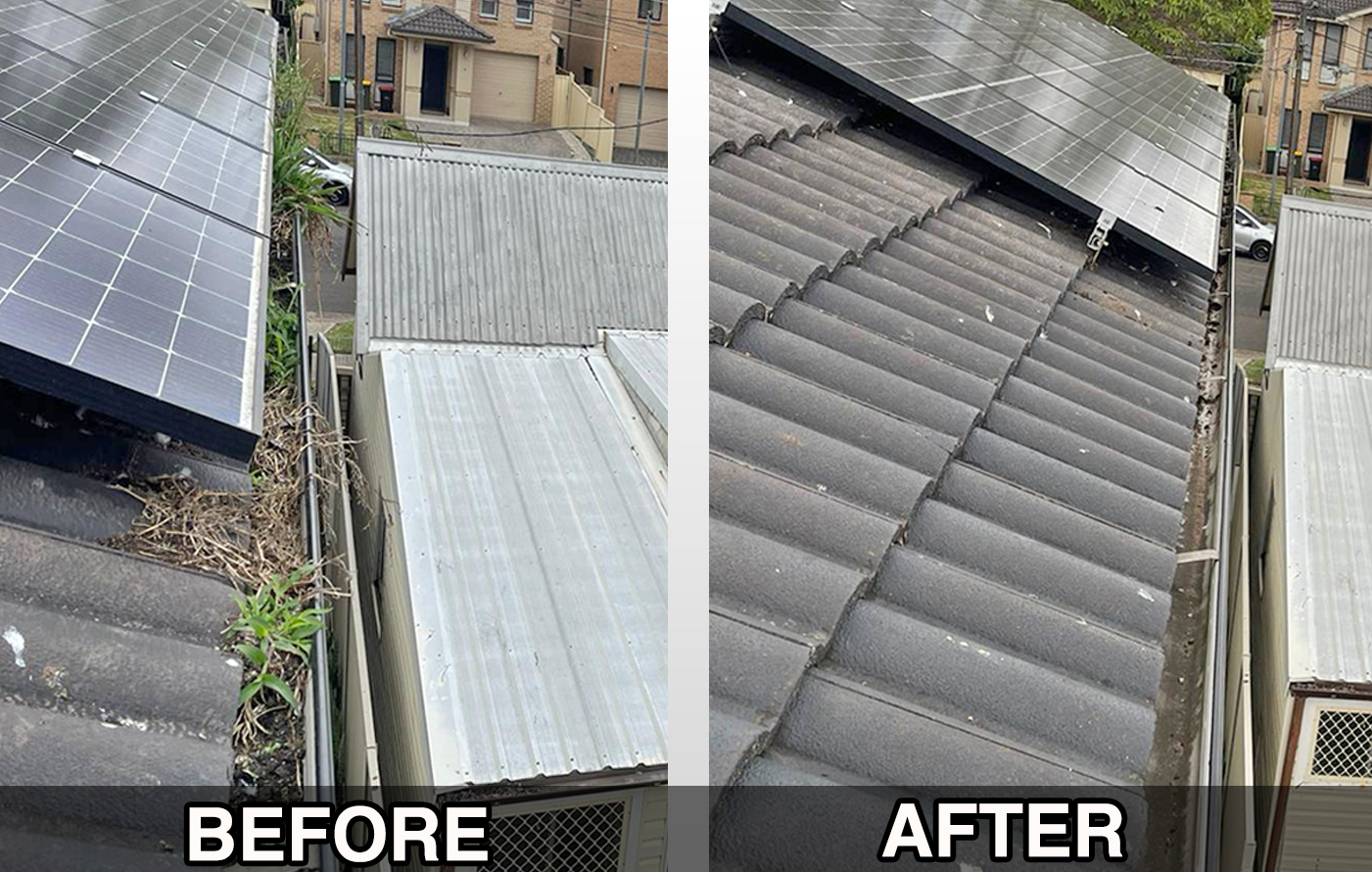In industries where electricity, corrosion resistance, and temperature tolerance are critical, the function of unique fasteners is significant. From petrochemical plants and nuclear power stations to cryogenic systems and marine structures, it chooses the right classes of fasteners to ensure both reliability and prolonged protection with the requirements controlled by ASTM, the party industry offers advanced solutions, such as ASTM A193b7m, ASTM A453 Grade 660, and ASTM F593 bolts, enabling engineers to perform in all stiff environments.
High Performance in High-Pressure Systems: ASTM A193 B7M
The ASTM A193 B7M specification defines quenched and tempered chromium-molybdenum alloy bolts, widely used in pressure vessels and high-temperature services. What units B7M apart is its controlled hardness requirement and higher ductility in comparison to standard B7, making it best for programs wherein decreased power and multiplied toughness are needed to avoid brittle screw ups. Often chosen for rigid fuel environments and NACE programs, this character provides better resistance to hydrogen-induced cracks and stress corrosion.
High Temperature Reliability: ASTM A453 Grade 660
When excessive heat gets one, tilting engineers in ASTM A453 Grade 660, a rain-cut crumpled steel designed for high temperatures. With an excellent ability to maintain temperatures of up to 704 °C, it is typically found in gas factories, heat exchangers, and high-pressure vessels. This character combination of nickel, chromium and molybdenum provides first-class oxidation resistance and mechanical stability. The ability to oppose constant thermal cycling without fatigue makes it suitable for applications where failure is not an option.

Stainless strength under stress: ASTM A193 B6
Often used in slight temperature programs requiring both corrosion and heat resistance, ASTM A193 B6 fasteners are made from ferritic stainless steel (Type 410). B6 bolts, known for their hardness and resilience, are ideal for steam, hydrocarbon, and refinery applications. The fabric’s exact oxidation resistance and durability make it a cost-effective solution for environments that are not excessively corrosive but demand mechanical integrity.
Versatile artist: ASTM F593 BOLT
Among the most specified stainless steel fasteners in modern commercial use, ASTM F593 bolts provide top-ranked corrosion resistance and mechanical performance. These bolts are products of various stainless steel characteristics, including chemical, martecnic and ferritic alloys, and are available in many state types (situation A, CW and HT). Their flexibility makes them suitable for a wide range of applications, from architectural hardware and chemical processing to food processing units.
Superior Non-Ferrous Fastening: ASTM F468 Bolts
When weight and conductivity are remembered, non-ferrous fasteners come into play. The ASTM F468 bolts cover various non-ferrous materials including copper, nickel, aluminium and titanium alloys. These bolts are used explicitly in marine, aerospace, and electrical applications, offering resistance to rust, non-magnetic properties, and electrical conductivity. Their general performance in the stiff saltwater environment makes them preferred in ship testing and offshore structures.
Cryogenic confidence: ASTM A320 Class L7
ASTM A320 Grade L7 provides consistent overall performance in very low-temperature conditions while preserving structural integrity. Used primarily in liquefied gasoline processing, LNG garage tanks, and different cryogenic structures, L7 bolts are fabricated from medium carbon alloy steel and heat-treated to improve tensile strength. Even at temperatures as low as -150°C, they maintain outstanding notch durability and cargo-bearing ability.
Congrats! You’ve Finished This Blog.




